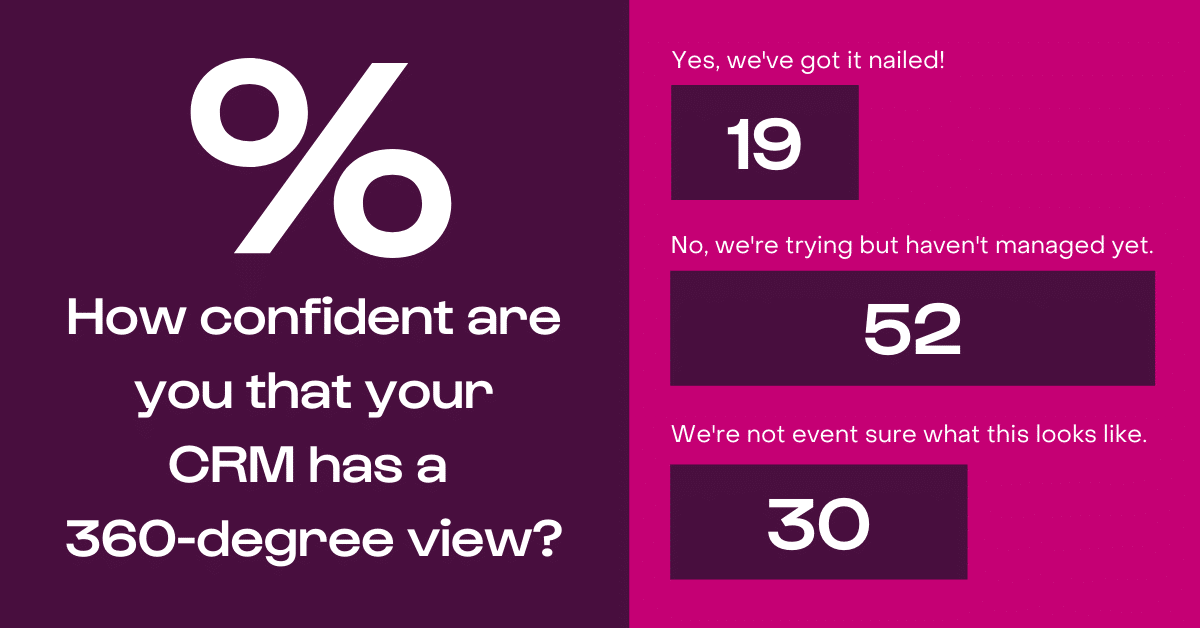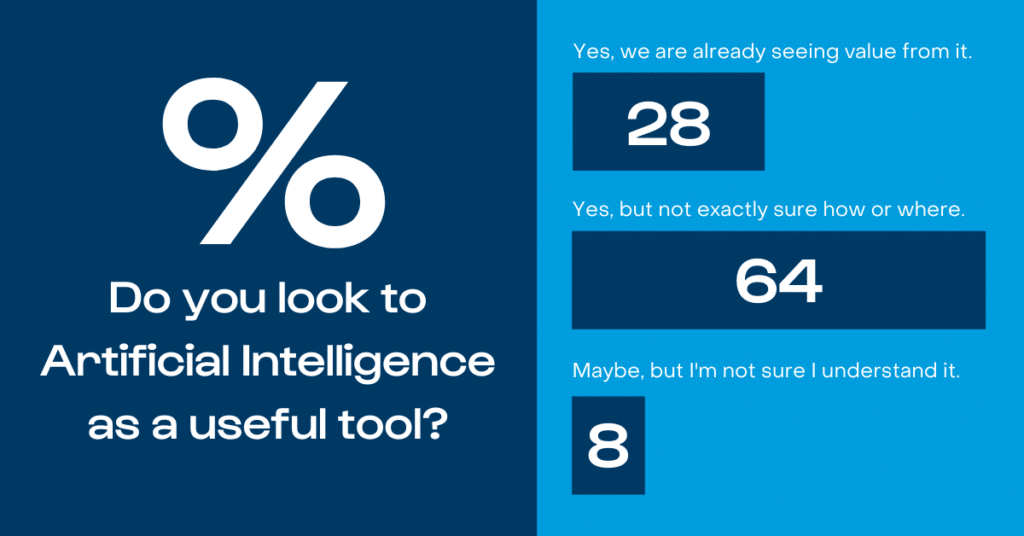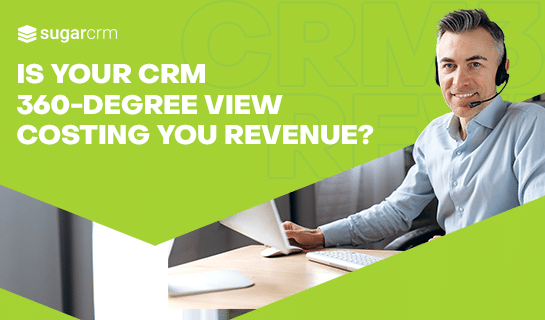Why CRM Contextual Data Matters
The promise of a complete customer view (i.e. 360-degree view) sounds attractive with improved understanding, higher quality engagement, and increased sales. But is the reality living up to the promise, and is your CRM actually costing your business revenue?
We would like to show you how to get an accurate customer picture and access the data you need, at the right time, in the right context.
Thank you to everyone who participated in this webinar! Below are the first 2 minutes of the webinar, general notes as well as the slide deck. If you would like to see the full video recording, you may access it here.
In our webinar, we discussed how pursuing a 360-degree view can (actually) be an inhibitor to your success, why context matters in your customer view, and how to leverage Artificial Intelligence (AI) to improve data quality. To access the full web
Below are some key takeaways from from the discussion between Nicole France, Vice President and Principal Analyst at Constellation Research and David Campbell, Vice President of Product Marketing at SugarCRM:
Make Your Case
You work in a corporate environment, where changes are usually slow to make, and your customer data is extremely siloed. According to our CRM and Sales Impact Report, customer churn is costing companies $5.5 million a year. To bring decision makers on board, you will need to back your plan with factual data, and prove how having unified customer data will be beneficial in the long run.

Plan Strategically, but Act Tactically
You use your CRM to store customer data from sales, marketing, and service teams. Should you start implementing your contextual customer view on all three fronts at once? You certainly shouldn’t—first, identify where most of your pain points lie, and where your changes would make the biggest impact for employees. Only when you’ve resolved your main concerns should you move on to other segments of your business.

Look Towards the Future
When optimizing your customer data views, you should also look at future-proofing your data by means of Artificial Intelligence (AI). A CRM with AI capabilities can help uncover insights unique to your business—even with limited or incomplete CRM data, and makes predictions that help you make better business decisions in significantly less time.
If you would like to learn more about CRM contextual views and data quality, we highly recommend these resources:
- High-Definition CX: Data Quality—Unlocking Customer Experience’s Secret Weapon – Learn the best way to maintain data quality, identify and standardize fields within your CRM, and other internal hacks to eliminate blindspots within your organization.
- High-Definition CX: Driving Memorable Customer Experiences with Technology – Learn about critical business technologies, what they do, and how they can further enable your organization to provide exceptional customer experiences.
- High-Definition CX: Strategically Amazing Customers with Effortless Experiences – Use this guide to jumpstart your customer experience strategy and help create experiences that have lasting impacts.
- High-Definition CX: Building for Momentum—Customer Experience in Practice – This guide will teach you how to optimize your new and existing processes and drive your customer experience to the next level.

